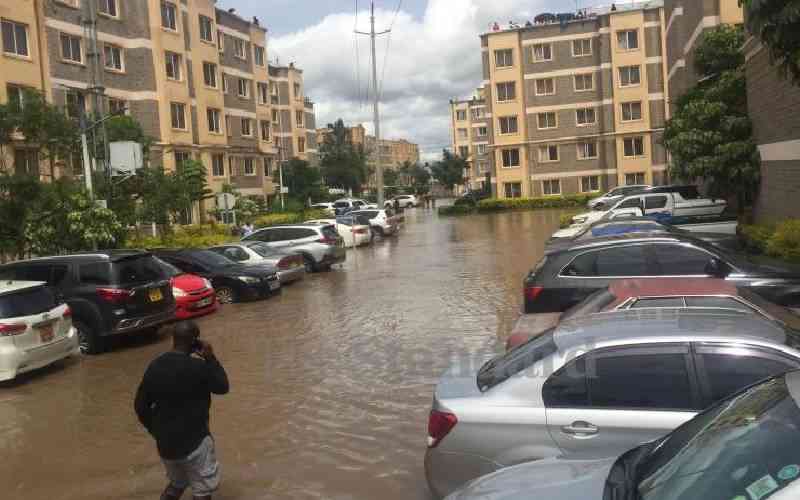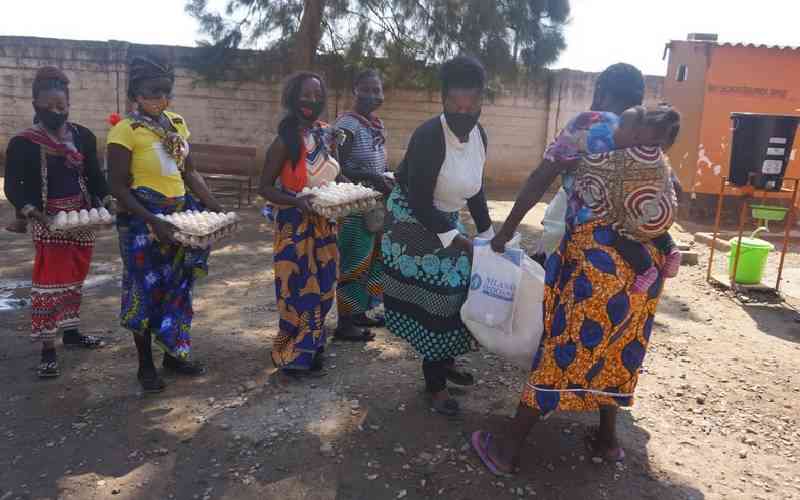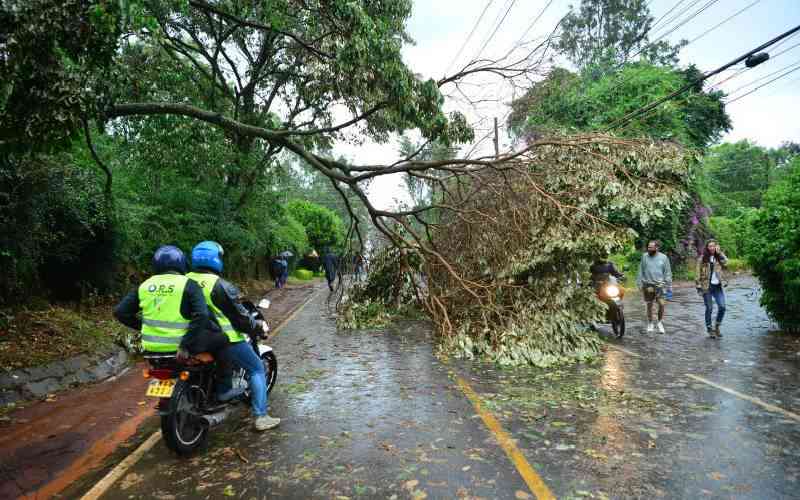NAIROBI: A few days ago, I took a couple of weeks off the hectic newsroom schedule to cool off. You see, the newsroom present numerous cut-throat deadlines and schedules that are obviously not for the faint at heart. There is hardly time to step back and think. You are supposed to make decisions as you move on, fully aware that one silly mistake and you end up with a shameful blooper that may haunt you for the rest of your career life. Luckily, when you have been chasing commas, full stops and doing battle with bad syntax for more than ten years like yours truly, you develop instincts that tell you something is wrong even before you read halfway through a story or script. So much that even when you are on leave you fear that things are moving too slowly and something might go wrong!
So to kill boredom and reconnect with life away from the eternal city bedlam – the crazy motorists zigzagging on Mombasa road and honking at no one in particular and the noisy matatu crew – I decided to sample life on the outskirts.
Somewhere on the eastern side of town, I made the mistaking of taking an earth road that I think the city county government officials should see, to erase any doubts that pouring cash into planting and protecting grass is no priority in a city where some people drive through quarry-like roads every day. A few kilometres into the unknown, I chanced upon a marshy stretch where two deep ruts had been covered with El Nino run-off water. I asked a group of about five young men standing nearby whether they had seen any cars drive past that section. They assured me that the section was easy to wade through.
Barely two yards into the marshy mess, the old jalopy stalled and before I could tell the young men they had lied to me, they were already rolling up their sleeves and helping push my car. My gratitude for their unsolicited help was short-lived, though. Hardly had we cleared the muddy section when the group huddled around me, demanding payment.
When I asked how much they needed, their de facto leader, who was none too sober, started counting those who had pushed the jalopy. They had by now multiplied to 25. Good Lord! “Two thousand shillings!” the young man eagerly suggested. I whistled. I explained that I didn’t have much cash on me and I was duly reminded that they needed something to eat and I was lucky that I could afford to move around. Finally we agreed on a small token and I cut short my trip.
On the way back, it hit me that the scene could be a microcosm of the kind of society we are creating. While I am just a hustler, these young men thought I had loads of cash and could end all their suffering. The trick they used to bait me and the justification they gave goes to explain how those who are fast losing hope view anyone who may seem more privileged. Why would someone want to steal billions of shillings when there are people whose hope of a life-saving medical trip abroad is fading for lack of money? Do those who cook books and tenders to splash millions of shillings at ego birthday parties and drinking binges in exclusive Nairobi spots stop to think they cause mass suffering across the land?
The irony is that as the prosperity of the few multiplies through unfair access to opportunities, the poor, in their millions, will also have no qualms bending honesty a bit for their morsel. The tragedy is that if we allow that time to come, it might be too difficult to explain anything or to hammer out any agreements. Ominously, the early signs are already there, as the boys who cut short my ill-fated road trip into the wild, proved to me.
 The Standard Group Plc is a
multi-media organization with investments in media platforms spanning newspaper
print operations, television, radio broadcasting, digital and online services. The
Standard Group is recognized as a leading multi-media house in Kenya with a key
influence in matters of national and international interest.
The Standard Group Plc is a
multi-media organization with investments in media platforms spanning newspaper
print operations, television, radio broadcasting, digital and online services. The
Standard Group is recognized as a leading multi-media house in Kenya with a key
influence in matters of national and international interest.
 The Standard Group Plc is a
multi-media organization with investments in media platforms spanning newspaper
print operations, television, radio broadcasting, digital and online services. The
Standard Group is recognized as a leading multi-media house in Kenya with a key
influence in matters of national and international interest.
The Standard Group Plc is a
multi-media organization with investments in media platforms spanning newspaper
print operations, television, radio broadcasting, digital and online services. The
Standard Group is recognized as a leading multi-media house in Kenya with a key
influence in matters of national and international interest.








